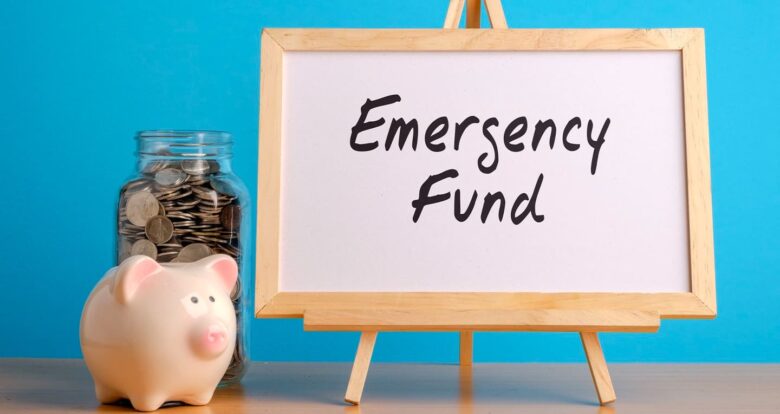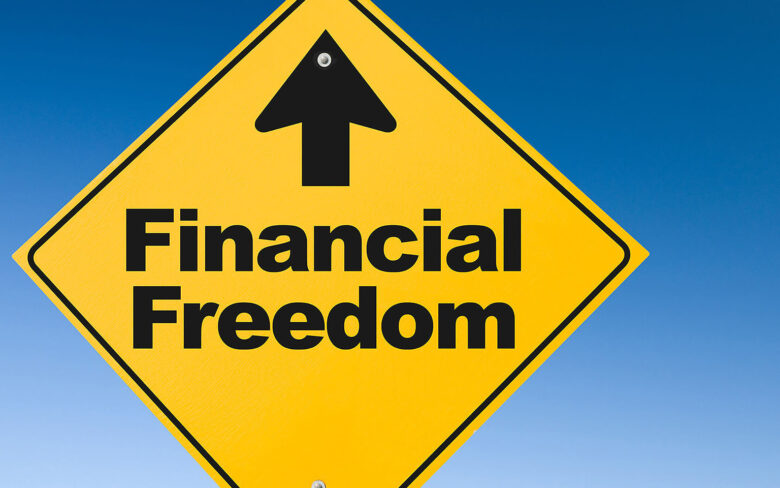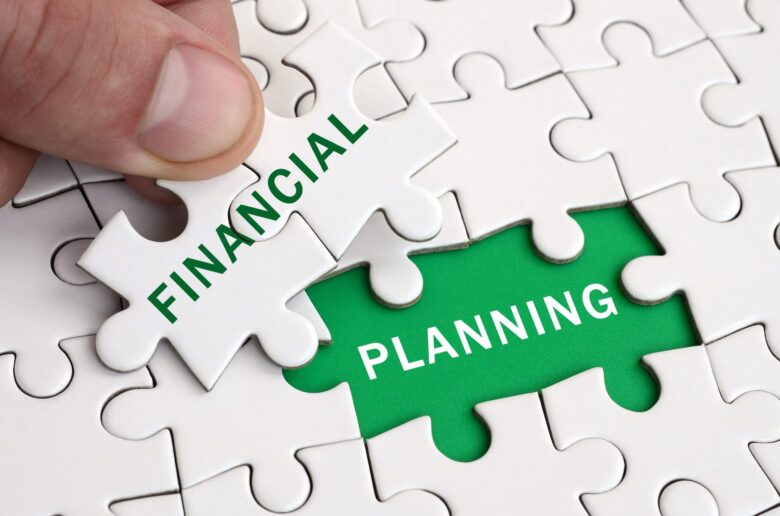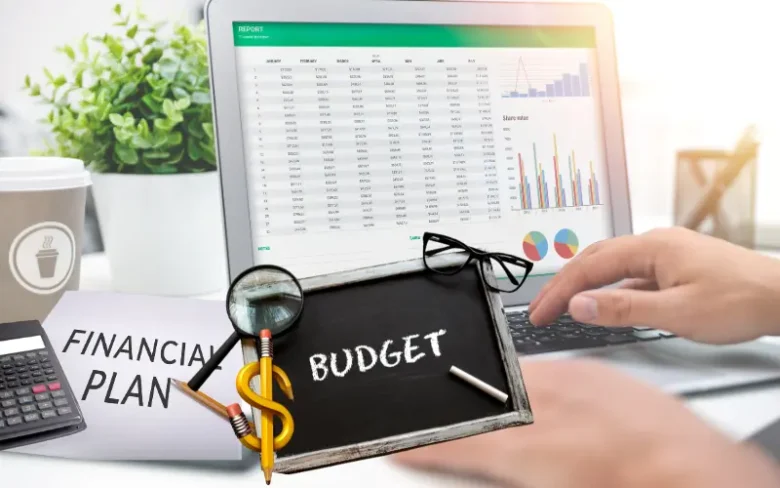Life is full of changes. Some bring challenges and uncertainty, while others bring joy and excitement. Regardless of the change, major life events often have one thing in common: they impact your financial situation. Whether you’re planning for retirement, welcoming a new family member, changing jobs, or getting married, financial planning is critical for handling …
Every household will eventually experience unexpected expenses—be they repair costs for broken air conditioning units, medical expenses, or job loss. When these events arise, having an emergency fund cushion helps avoid running up credit card debt or selling long-term investments to cover shortfalls in finances. Experts typically advise individuals to have three to six months’ …
The pursuit of financial freedom is a goal cherished by many; however, the way to achieve it can be a daunting task, particularly when you’re burdened with financial burdens. However, by putting in the effort consistently, a well-thought-out financial plan, and a commitment toward your goal, you’ll be able to not only eliminate your debt but …
Effective financial planning begins with understanding where your business stands today. Knowing the specifics of your financial position gives you a solid foundation to build upon. Start by examining your financial documents, such as income statements, balance sheets, and cash flow statements. These documents reveal not only how much money your business earns but also …
The ability to earn more than the average salary may appear to be the ultimate goal in financial terms; however, with wealth comes a substantial responsibility. Without a solid financial plan, even the highest earners may struggle to attain financial security. Be it planning for investments, managing taxes, or preparing for retirement, smart financial planning for high …
Building wealth over time is not just about earning money; it’s about managing and growing it effectively. For investors, financial planning serves as the foundation for long-term success and security. This article will guide you through the critical elements of financial planning for investors, helping you build a robust strategy to grow your wealth over …
Financial planning is the process of organizing and managing your financial resources to achieve your life goals. Whether you’re saving for a dream home, planning for retirement, or building an emergency fund, financial planning helps you map out a clear path to financial stability and success. It’s not just about budgeting or saving; it combines …
Financial planning may seem intimidating at first, especially to newcomers. However, it’s essential that you start somewhere and regularly review your progress. Take steps such as paying down debt and saving for emergencies to make an impactful difference to your long-term financial goals. Incorporating life insurance is also a wise move. Another step towards financial …
Financial plans can help you identify, organize, and prioritize your goals – such as paying down debt or saving for retirement – in an easy and organized way. Furthermore, they’re invaluable tools when confronted with major decisions such as job changes or major purchases that necessitate financial decisions that might otherwise prove challenging to make. …









